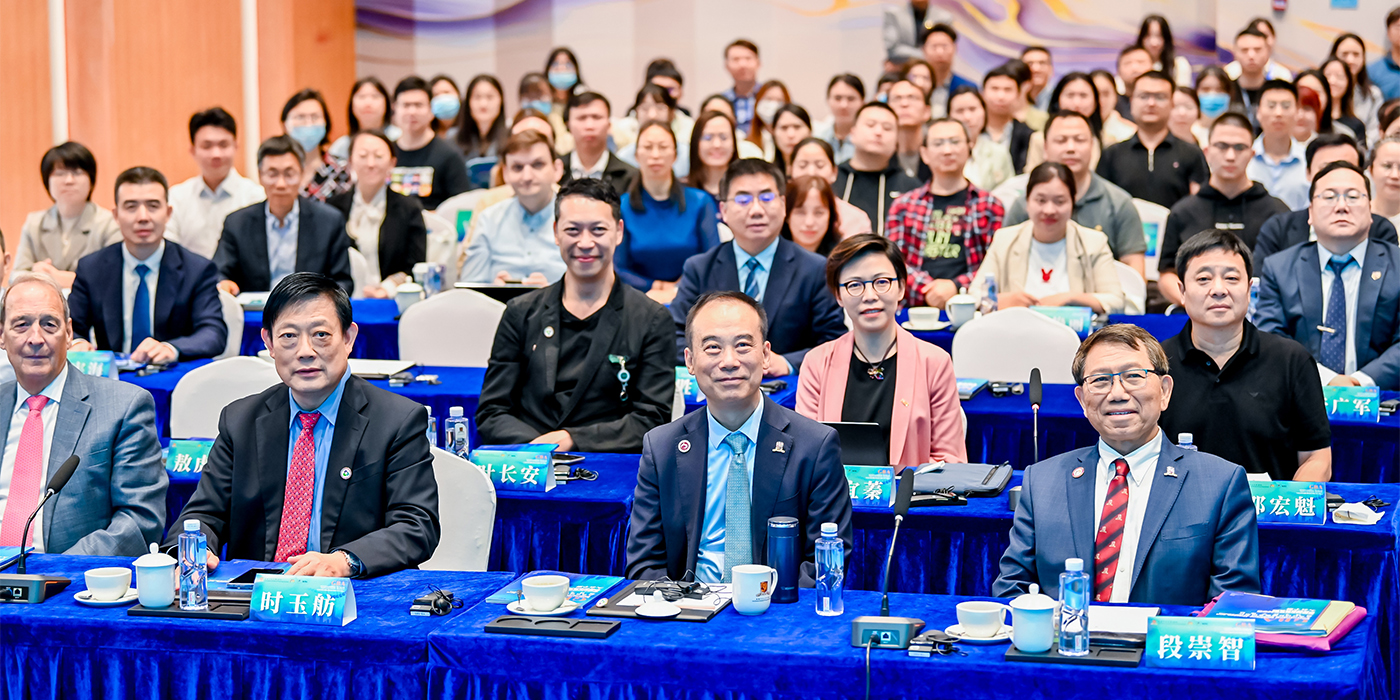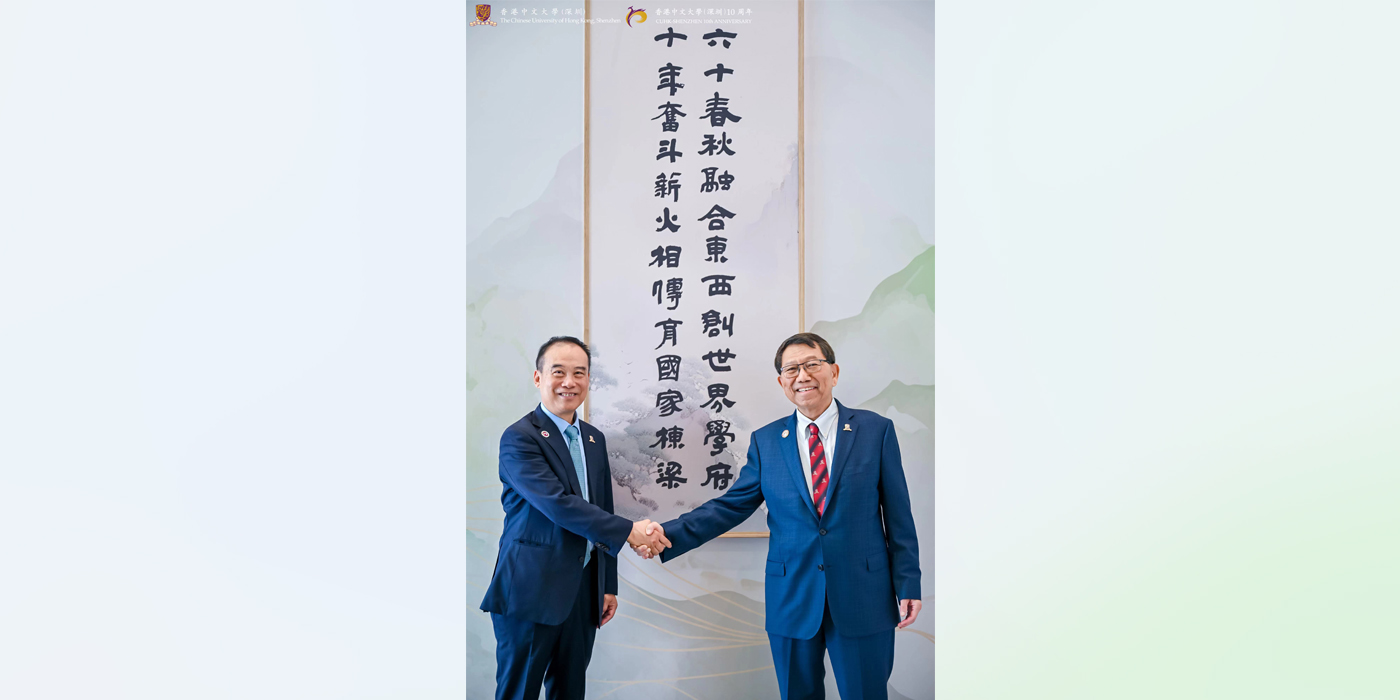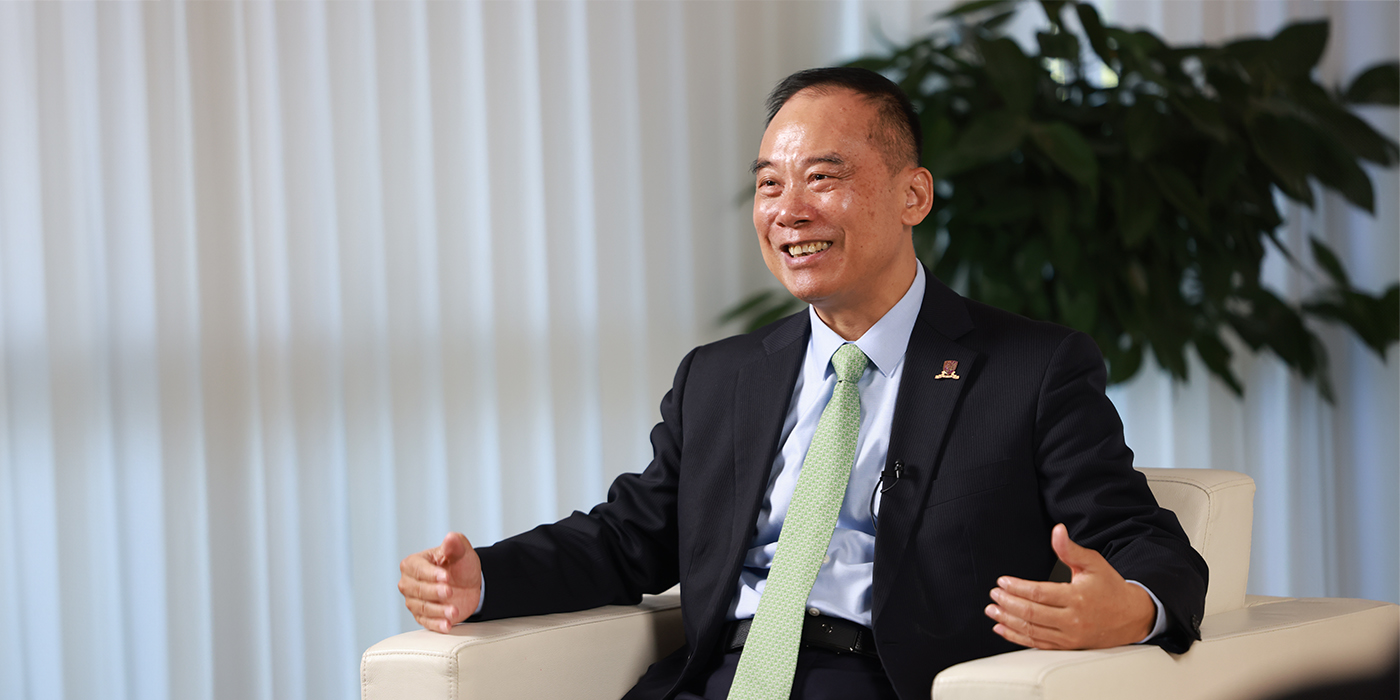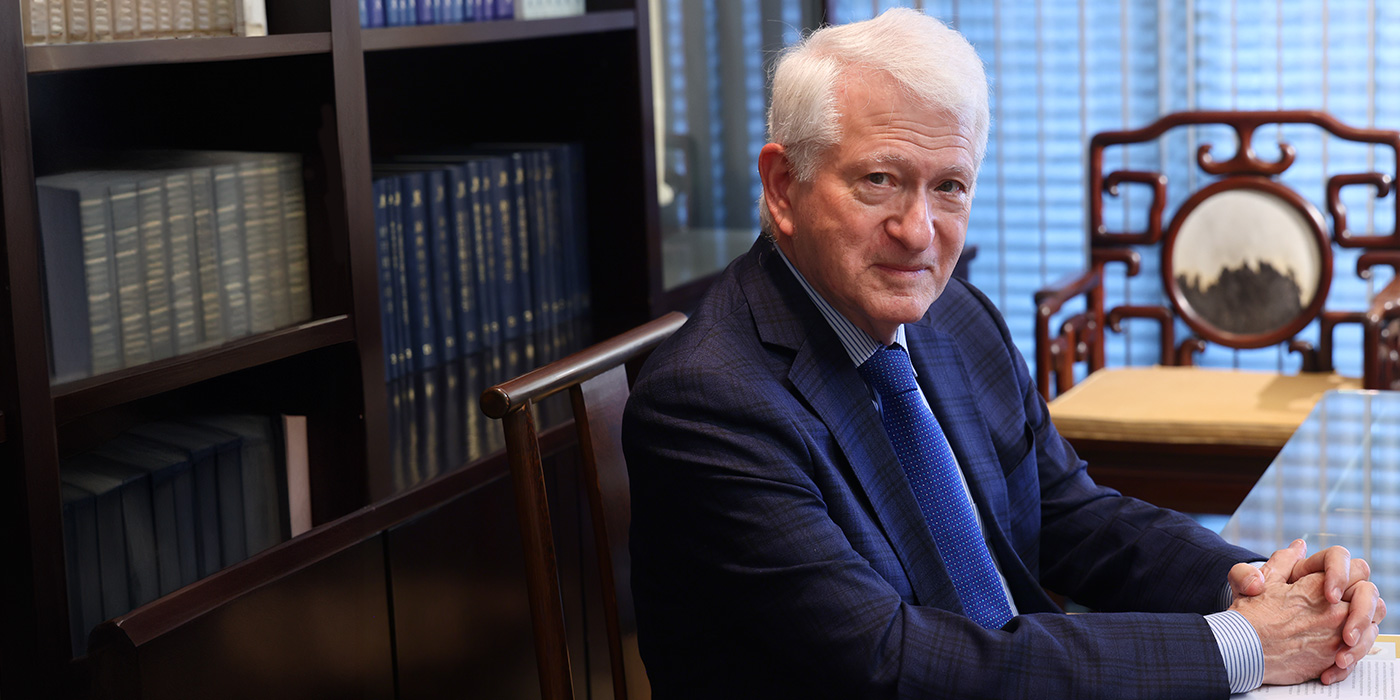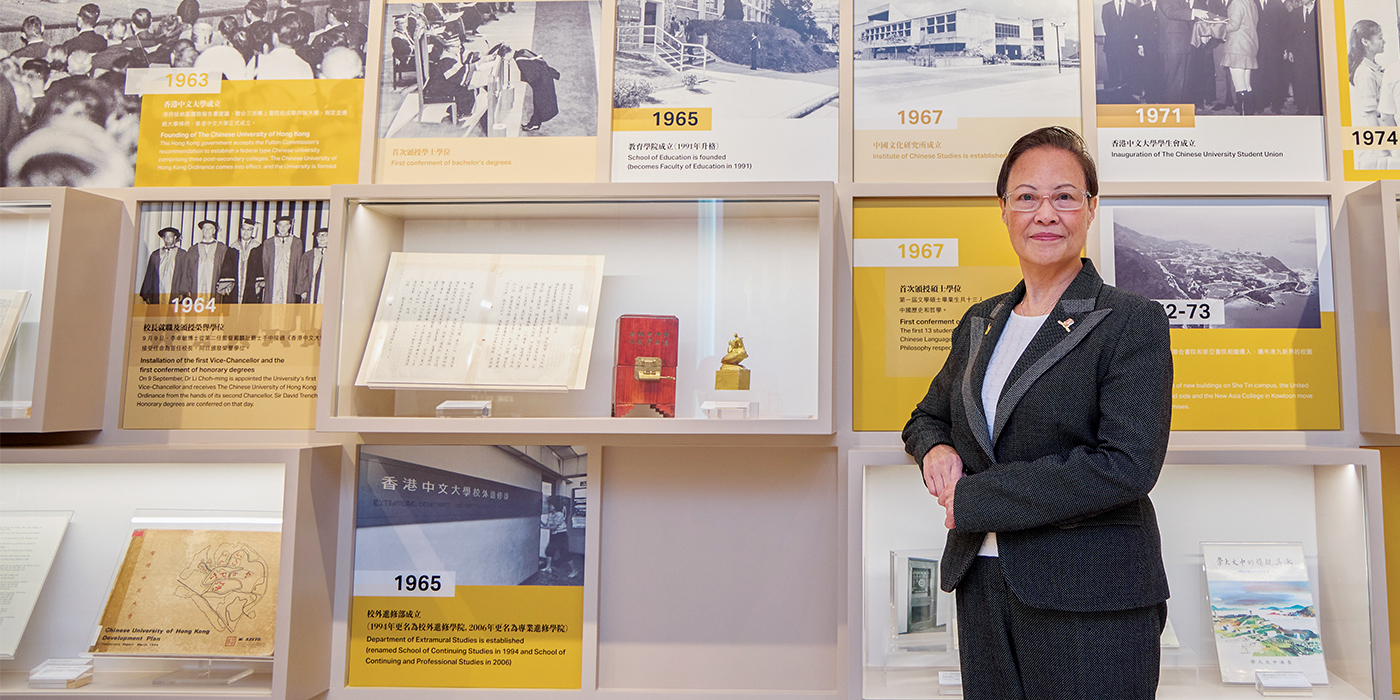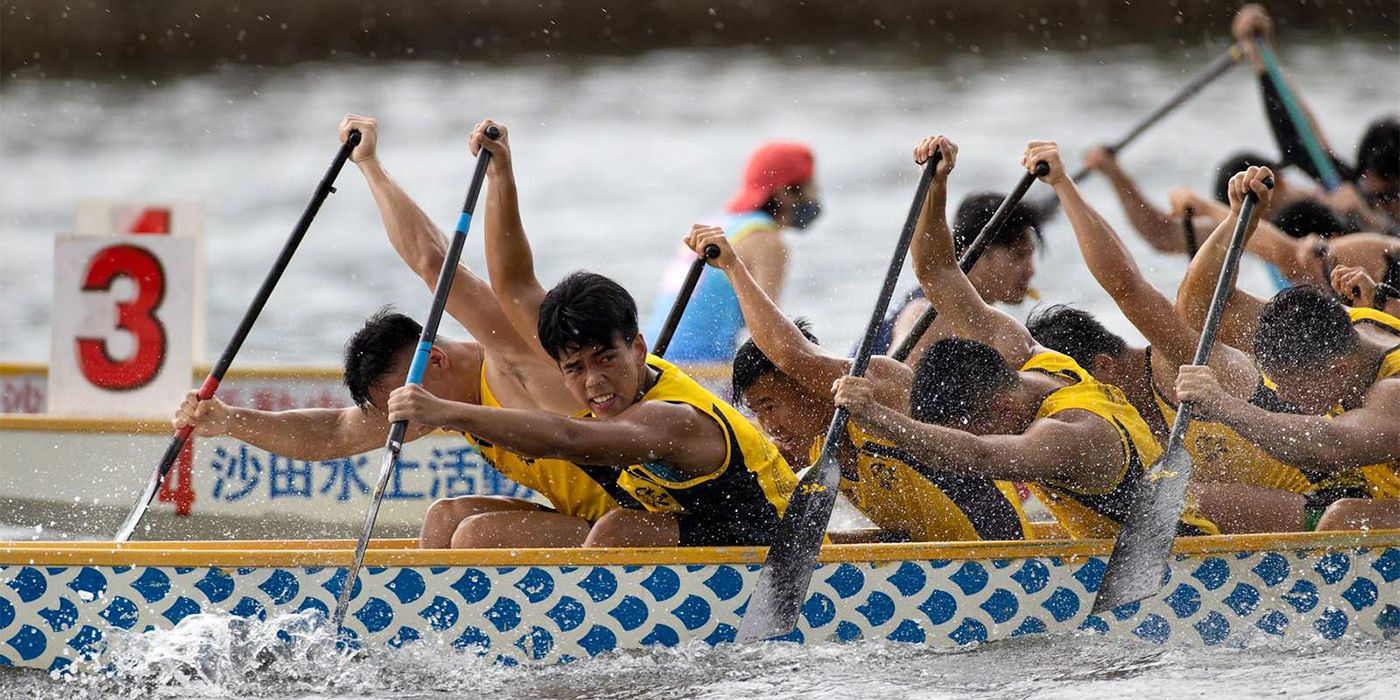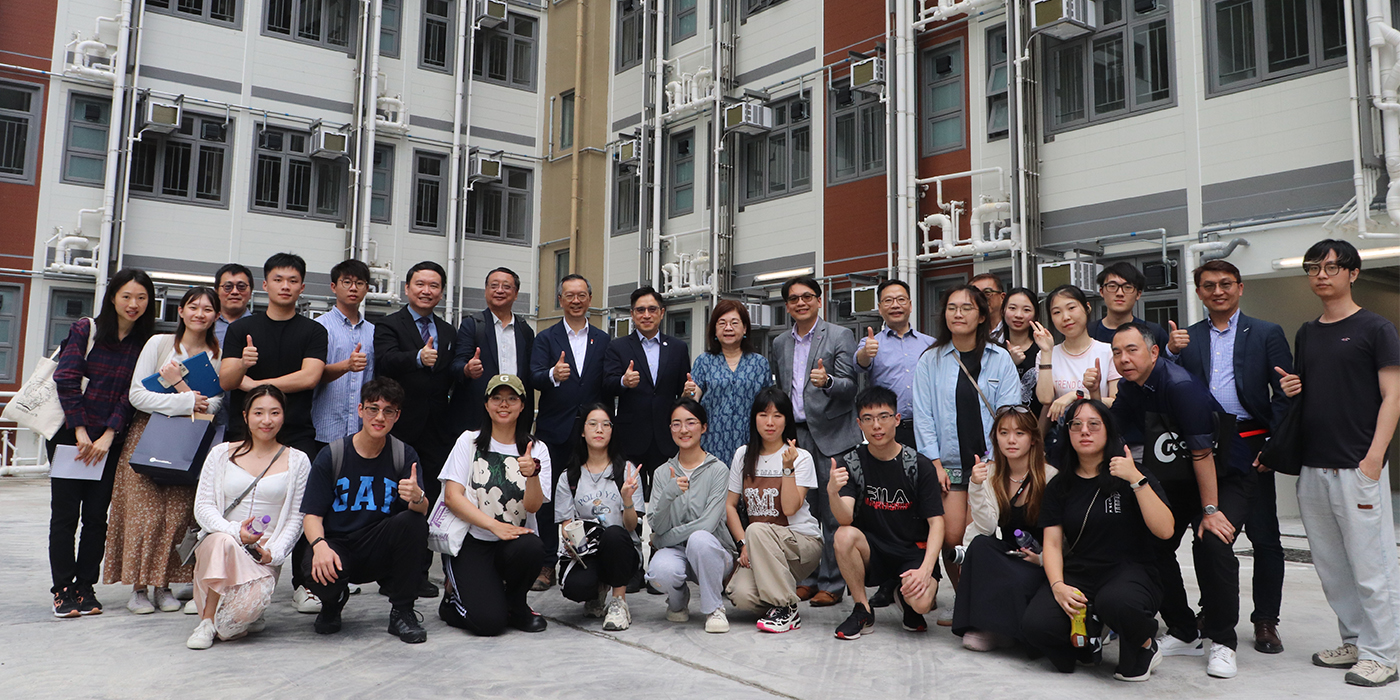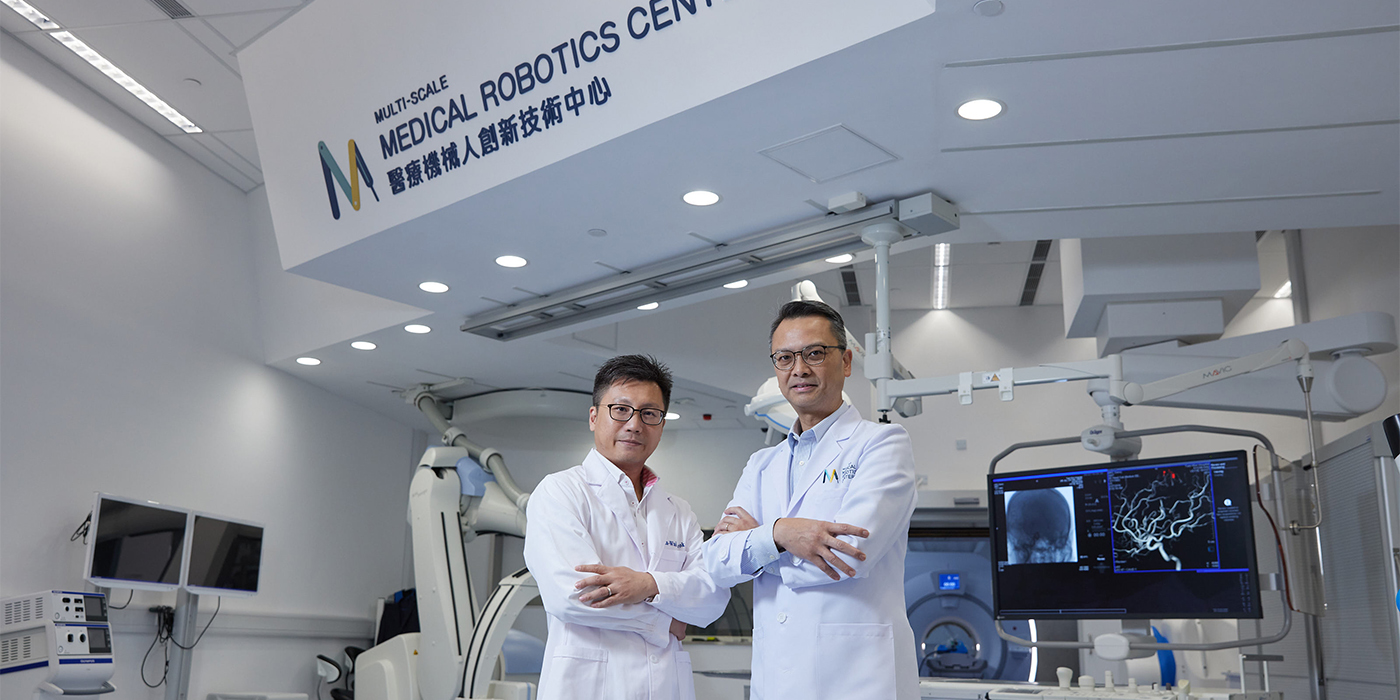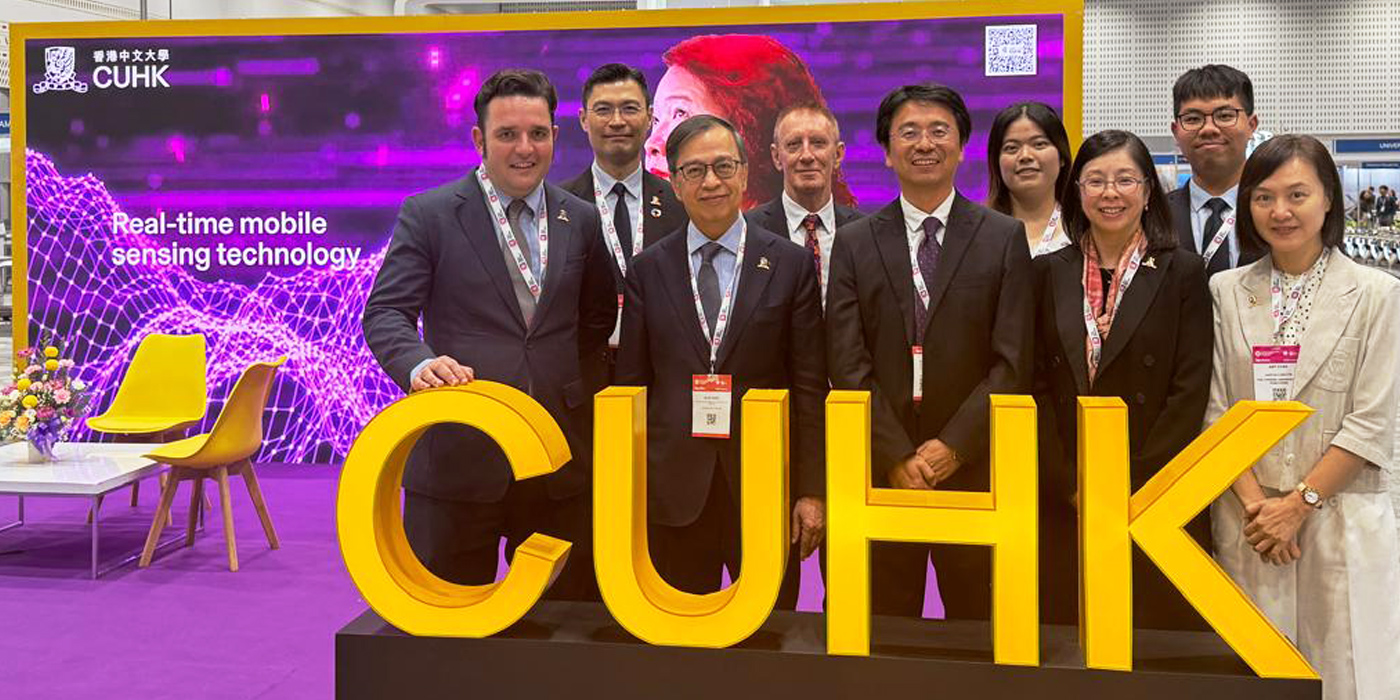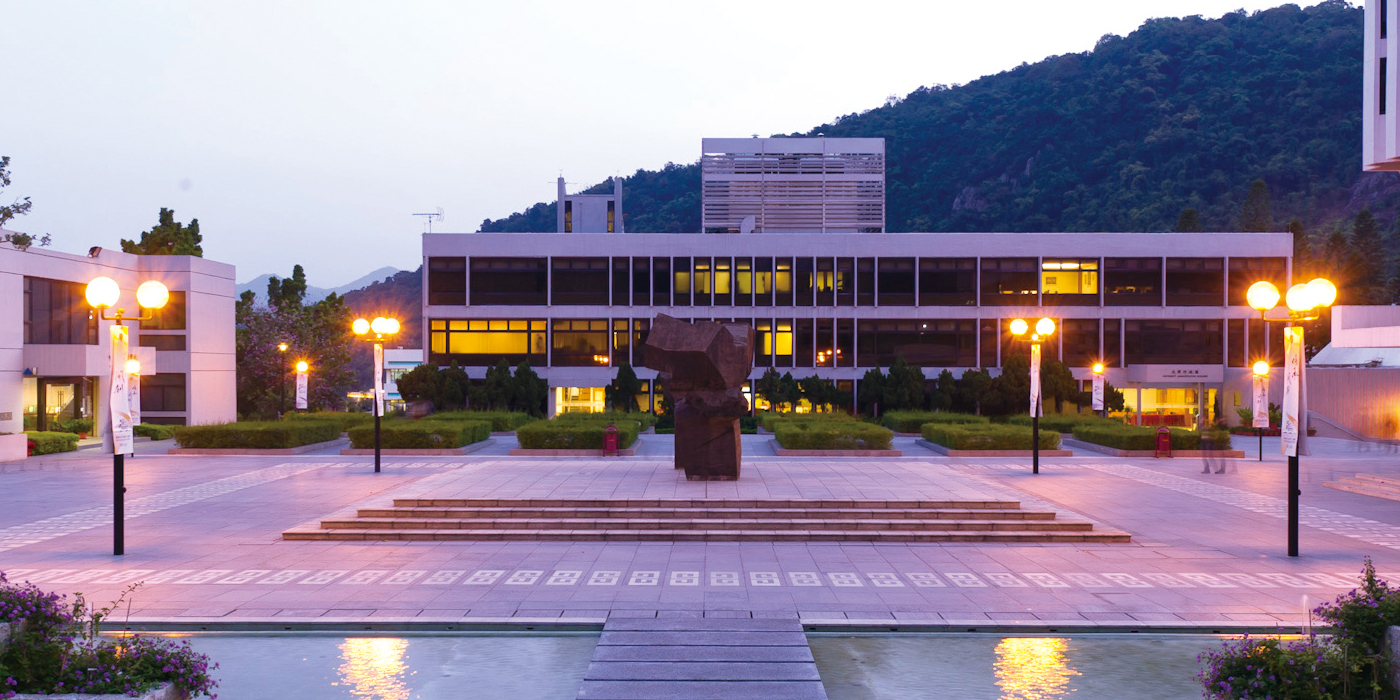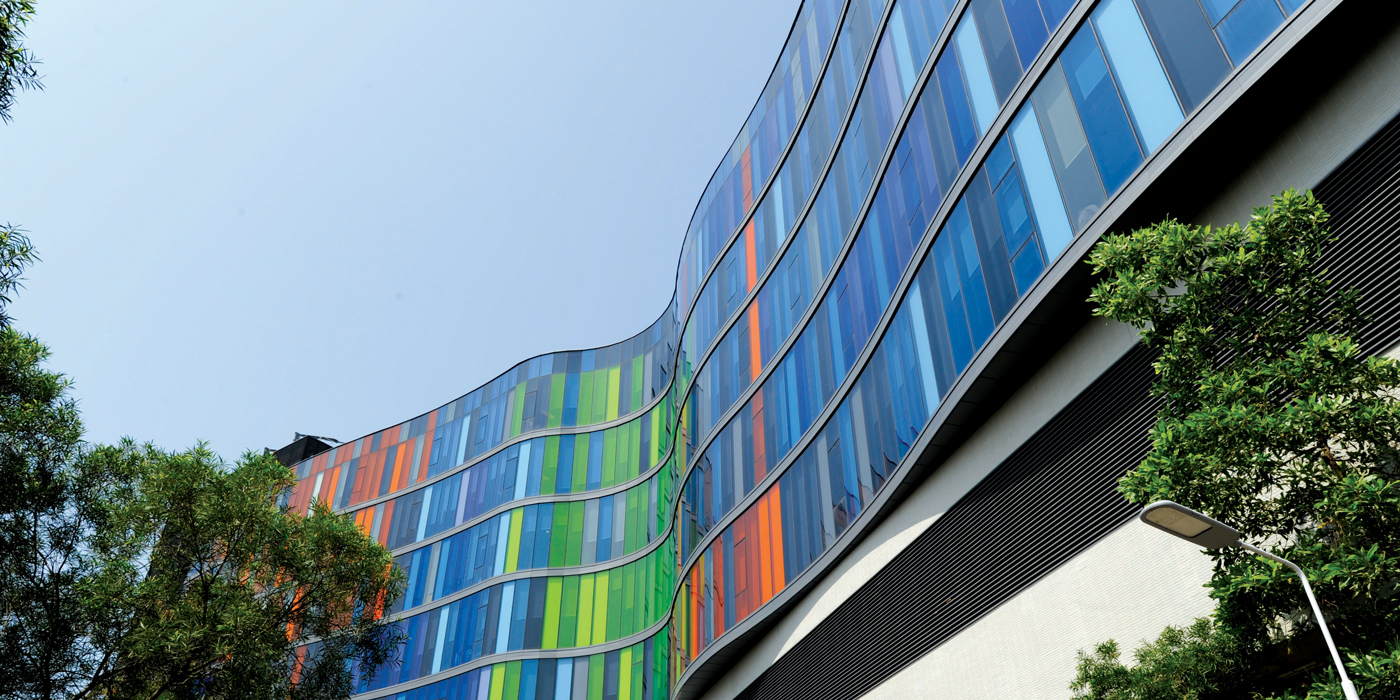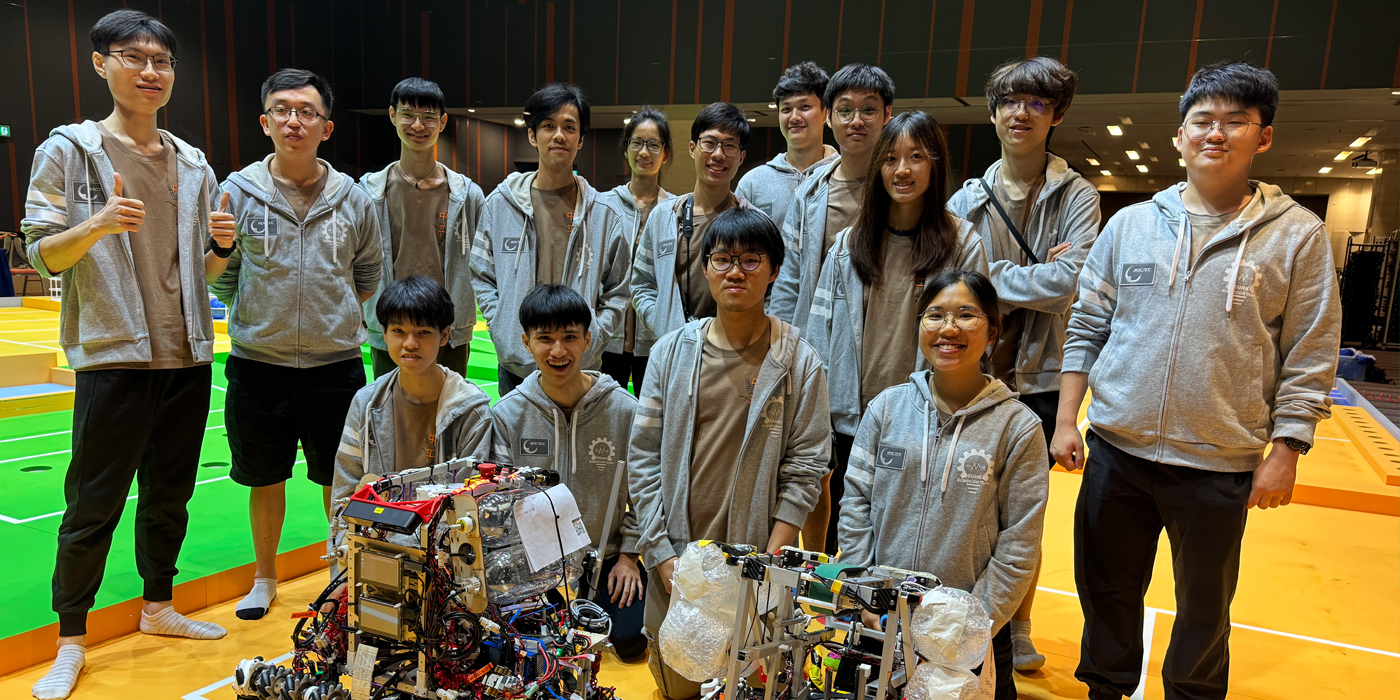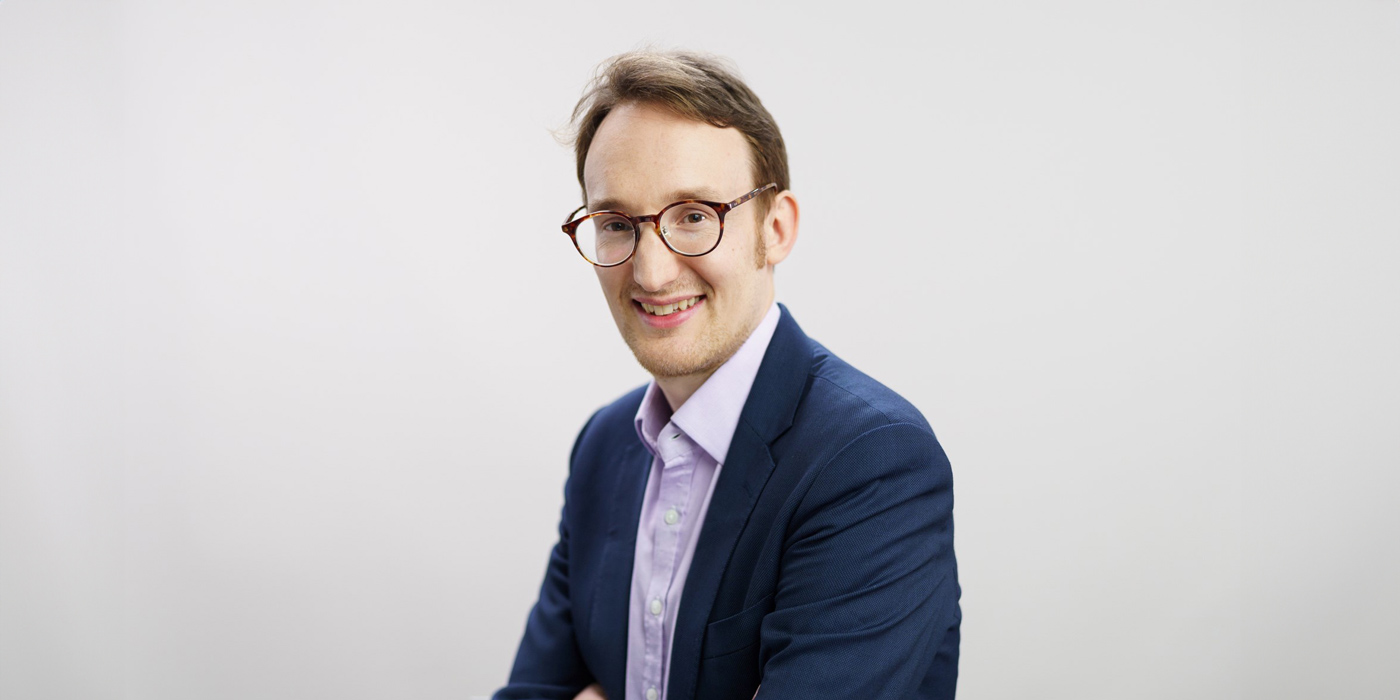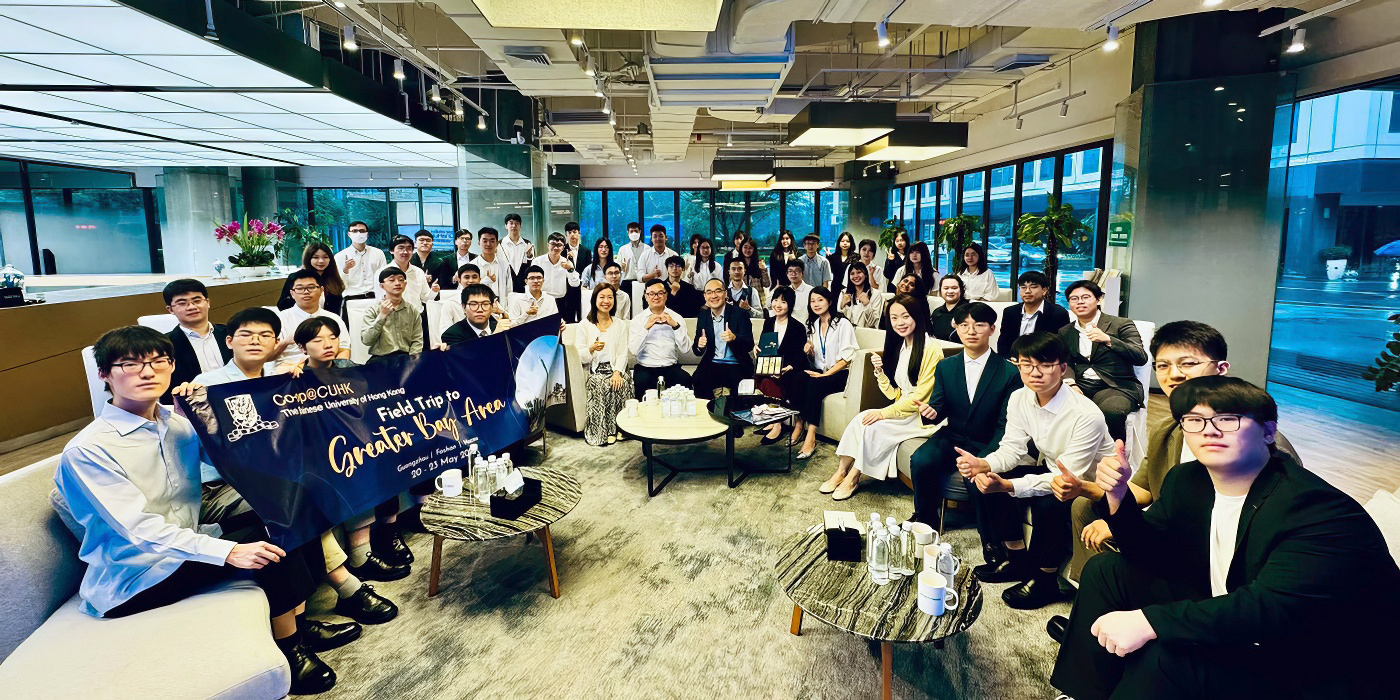An extraordinary journey
Xu Yangsheng reflects on the first decade of CUHK-Shenzhen
A decade has passed since CUHK co-founded a new university on the mainland, a symbol of dedication to the country’s development of education and scientific research. To Professor Xu Yangsheng, the choice of Shenzhen could not have been better.
CUHK was contemplating a venture in the mainland in the 2000s, and Professor Xu, then a professor of automation and computer-aided engineering and a pro-vice-chancellor from 2011 to 2013, was tasked with weighing up research development strengths in different parts of the mainland.
“Shenzhen was the right choice because it needed an international research-intensive university,” the founding President of the Chinese University of Hong Kong (Shenzhen) tells CUHK in Focus. “We at CUHK have a strong Chinese cultural tradition and adopt international management practice and academic standards––these were what Shenzhen was lacking most.”
The deal was sealed to build a university with the support of the Shenzhen municipal government. Ten years on, the site in Longgang district, once occupied by eight deserted factories choking in weeds, has transformed into a promising institution formed by six schools covering management and economics, science and engineering, humanities and social science, data science, music, and medicine. One more is in the offing, for public policy.
CUHK-Shenzhen now prides itself on four disciplines that meet top international standards in terms of standing, teachers’ qualifications and research, according to Professor Xu. These disciplines are economy and finance, computer science and data science, materials chemistry, and biomedical sciences. No fewer than 85 research institutes and key laboratories, all of national standards, have been established across the campus.
“We are confident of developing 10 more top-performing subjects in the next decade. This university will become a world-class institution in its 20th year,” Professor Xu says. Strong foundations are being built in basic science, such as mathematics and life sciences, and artificial intelligence (AI), microelectronics and energy science, he adds.
Academic accomplishments aside, the institution hopes to benefit the wider community. It has completed the main structure of the CUHK-Shenzhen Medical Centre and expects to partially open this facility for trial operations by early next year, he says. The centre, equipped with 3,000 beds, will serve as the Medical School’s main teaching hospital and be positioned as a regional medical hub anchored in Shenzhen.
Arts development is not far behind. Construction is under way for a Shenzhen Conservatory of Music, also due to come online next year, to be operated by the university as one of the Shenzhen government’s “10 Cultural Facilities for the New Era”.
More than 10,000 students are studying at CUHK-Shenzhen, which is shaping up to be a magnet for the mainland’s crème de la crème. The university has maintained the highest admission scores among universities in Guangdong province for eight years in a row. Beyond Guangdong, liberal arts admissions reached within the top 0.7 per cent in most other provinces, while science students are in the top 1.5 per cent.
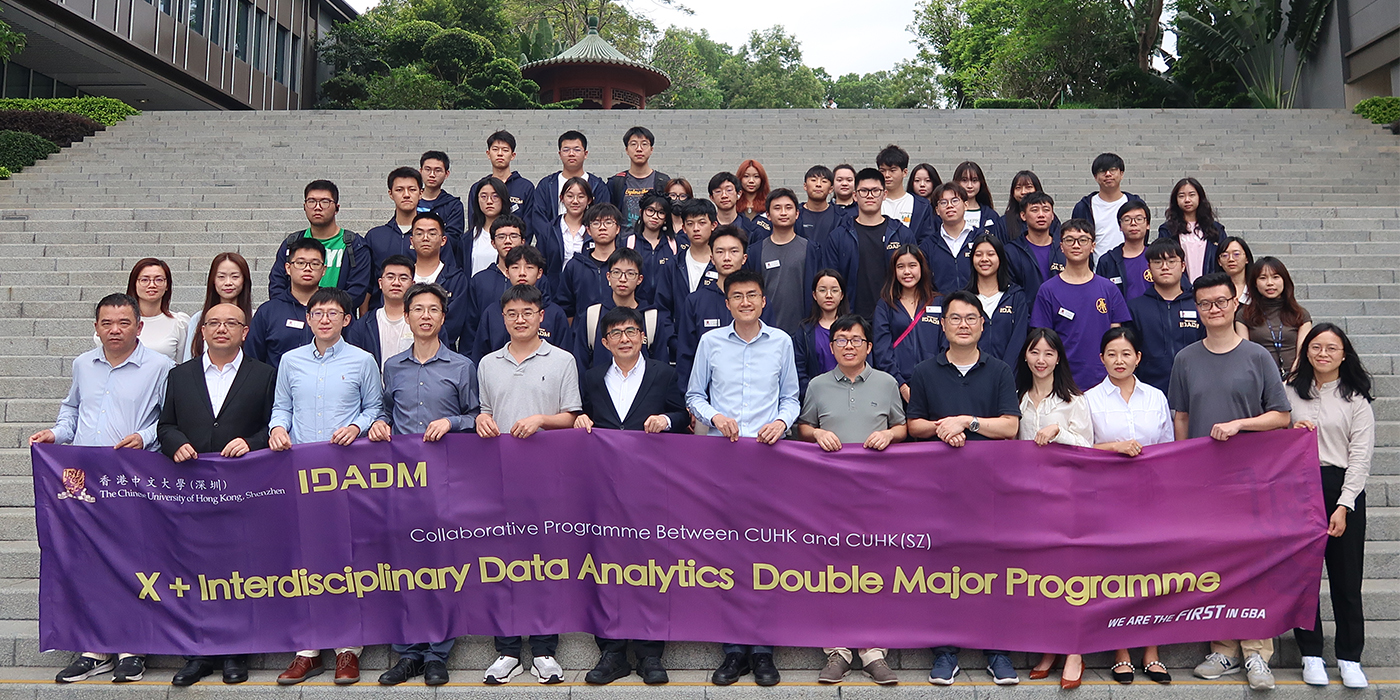
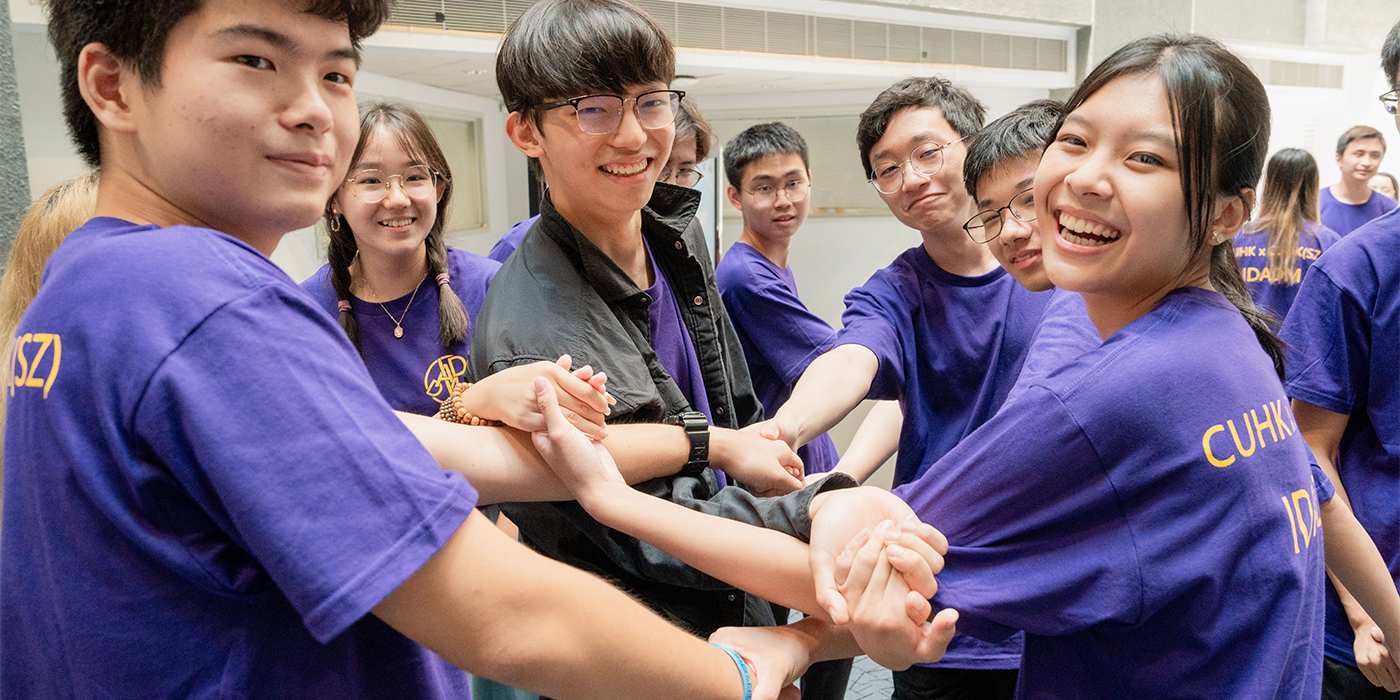
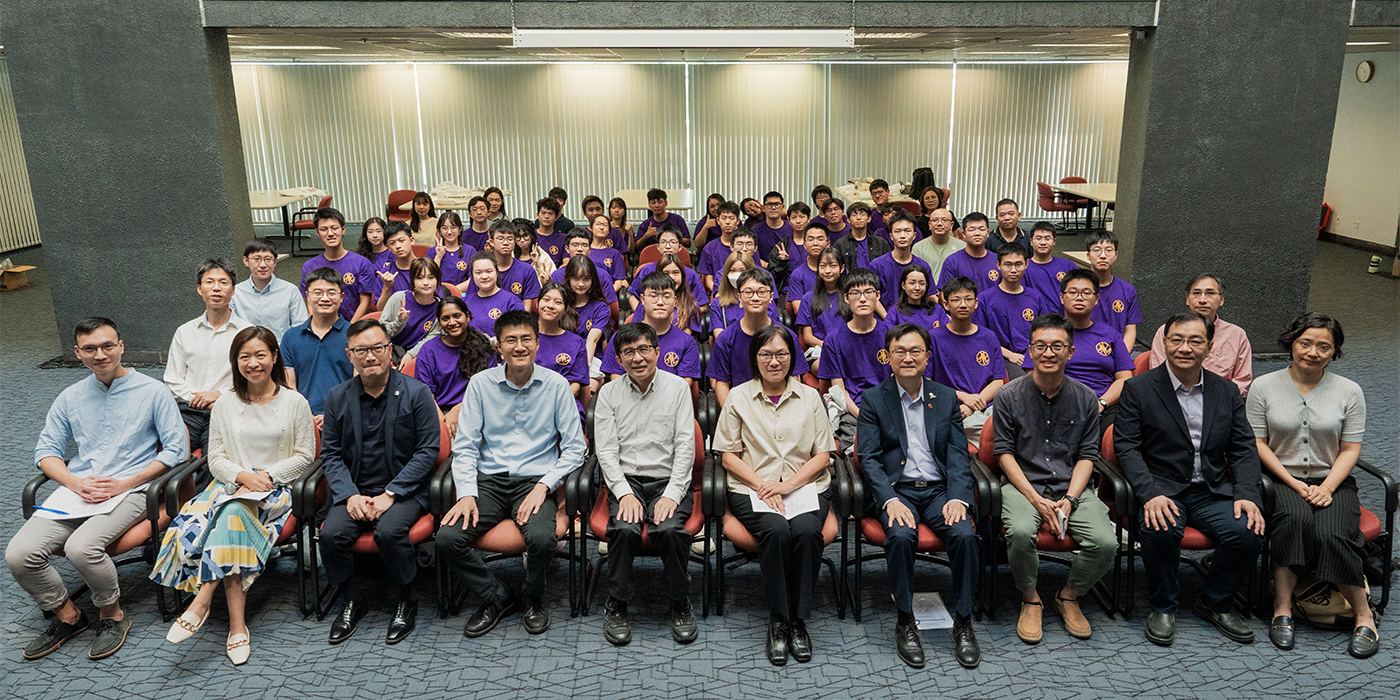
CUHK and CUHK(SZ) welcomed the first cohort of students of the Interdisciplinary Data Analytics and X Double Major Programme last November
The university has obtained government approval to enrol people from Hong Kong, Macau and Taiwan starting this year via the Joint Entrance Examination for Universities in the People’s Republic of China. In future, it may evaluate Hong Kong applicants based on their results in the Diploma of Secondary Education Examination and their interview performance.
To build closer ties among teachers and students on the two campuses, CUHK and CUHK-Shenzhen introduced an unprecedented collaborative double-major programme last year that also aimed to cultivate talent for the Guangdong-Hong Kong-Macau Greater Bay Area. Students can pursue Interdisciplinary Data Analytics and another major offered by either campus, studying for two years at each place. They can also avail themselves of internship opportunities. A second “2+2” degree programme, with a major in aerospace science and earth informatics, will be launched in the 2024-25 academic year, and more are potentially in the pipeline.
Beyond specialised studies, Professor Xu stresses the importance of general education, a core value of CUHK that has been brought across the border. “We educators are nurturing people for the future, for the age of AI. You have to be good at what you do and live a happy life in the future society. General education is so important in working towards this goal.” Based on CUHK’s curriculum, the professor feels that more elements of art, AI and health and well-being should be added to the Shenzhen curriculum.
“Art touches feelings. When you have abundant feelings and know how to express them, you will have a locus of support in life so that whenever you encounter setbacks and challenges, it will be easy for you to get through,” he notes. The scientist of robotics and AI has himself a passion for the arts, calligraphy, painting and writing, having published books of his prose. He has also set up an artist-in-residence programme on campus, and at times he would join the participating theatre artists, musicians, painters and calligraphers in their evening activities with students.
Looking forward, Professor Xu believes that the two universities can complement each other’s strengths to reach new heights, such as in the areas of economy and finance, engineering, informatics and AI. “Here in Shenzhen, we are closer to the industries and have an edge in application and research. Hong Kong has its own traditions and foundations. I see a bright future in ‘one brand, two campuses’.”
